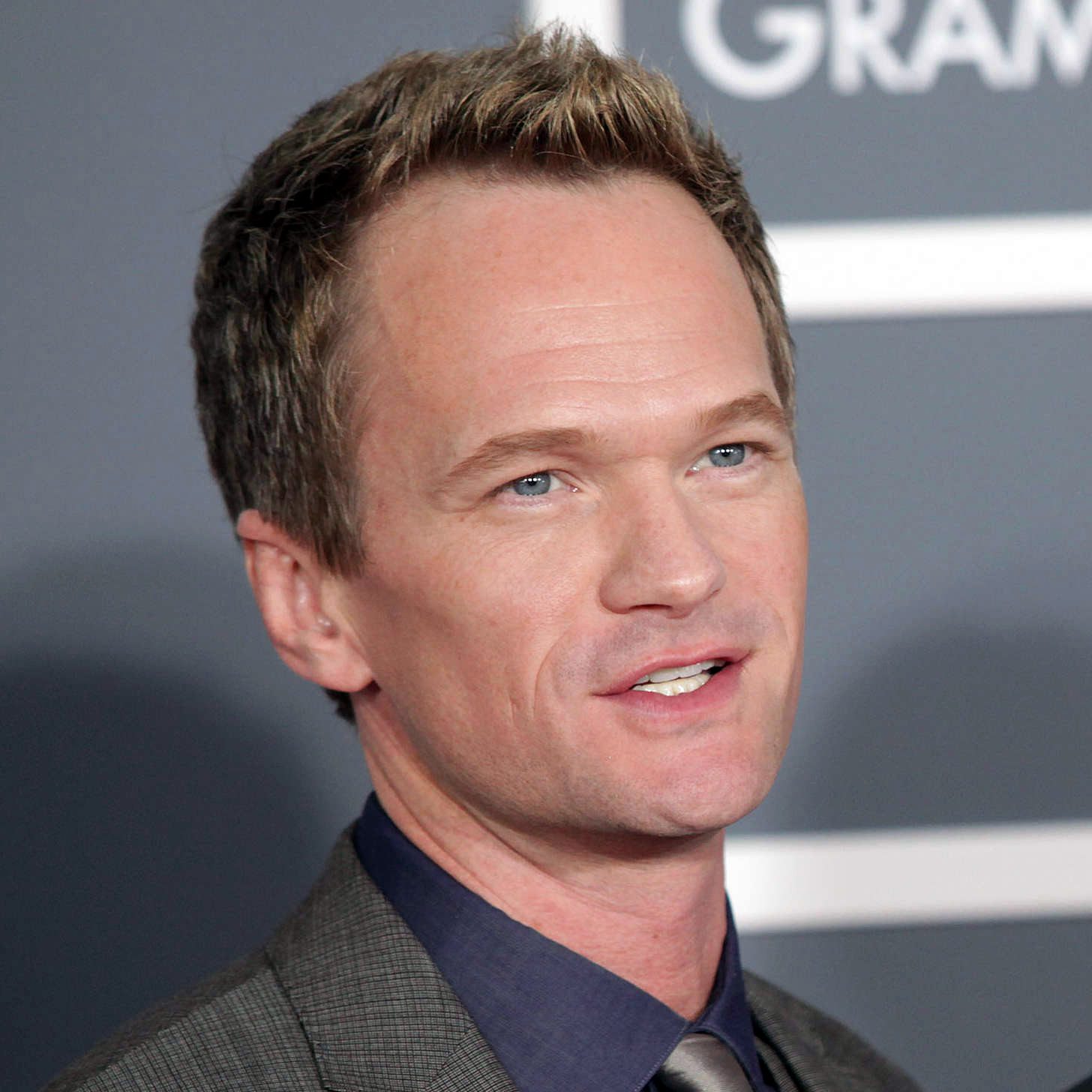When it comes to unique physical traits, the size of one’s forehead often garners attention and curiosity. The biggest foreheads are not just a subject of fascination; they also challenge societal norms of beauty and highlight the diversity of human features. In this article, we will explore the cultural significance of big foreheads, delve into famous personalities who sport them, and discuss the societal perceptions surrounding this distinctive trait. Understanding the implications of having a prominent forehead can lead to a greater appreciation for the range of human appearance.
Foreheads, though often overlooked, play an essential role in our identity and how we are perceived by others. The biggest foreheads can evoke a variety of responses—from admiration to ridicule. Such reactions are influenced by cultural attitudes and trends that shift over time. By examining these elements, we can gain insights into how physical traits are valued in different societies.
Throughout history, a prominent forehead has been seen as a sign of intelligence, beauty, and even nobility in certain cultures. This article aims to highlight the complexities surrounding big foreheads while providing a balanced perspective. Join us as we embark on a journey through the fascinating world of big foreheads.
Table of Contents
- Cultural Significance of Big Foreheads
- Famous Personalities with Prominent Foreheads
- Perception of Beauty and Forehead Size
- Historical Context of Forehead Features
- Forehead Size in Different Cultures
- Psychological Impacts of Having a Big Forehead
- Biodata of Famous People with Big Foreheads
- Conclusion
Cultural Significance of Big Foreheads
The cultural significance of big foreheads varies widely across different societies. In some cultures, a large forehead is seen as an attribute of beauty and intelligence. For example, in ancient Egypt, a prominent forehead was associated with wisdom and divinity. This belief can still be seen in various cultures today, where a high forehead is often considered a sign of beauty.
Symbol of Intelligence
Research has shown that features such as a broad forehead can be associated with higher intelligence levels. This perception is deeply rooted in the belief that a larger frontal lobe correlates with cognitive abilities.
Fashion and Beauty Trends
In contemporary society, beauty trends fluctuate, and the perception of a big forehead can change accordingly. Celebrities and influencers often set the tone for beauty standards, which can either embrace or diminish the appeal of larger foreheads.
Famous Personalities with Prominent Foreheads
Many celebrities are known for their distinctive features, including their foreheads. These individuals often challenge traditional beauty norms and highlight the diversity of human appearance.
- Gigi Hadid
- Tyra Banks
- Rihanna
- David Beckham
Perception of Beauty and Forehead Size
The perception of beauty is subjective and varies greatly across cultures and time periods. In some instances, big foreheads have been celebrated, while in others, they have been stigmatized. Understanding these perceptions can help demystify societal attitudes toward physical traits.
Influence of Media
Media representation plays a crucial role in shaping our perceptions of beauty. The portrayal of celebrities with big foreheads can either normalize or stigmatize this feature.
Social Media Impact
With the rise of social media platforms, individuals have more power to define beauty standards. Influencers who embrace their unique features can inspire others to do the same.
Historical Context of Forehead Features
The historical context of forehead features reveals how perceptions have evolved over time. In ancient civilizations, specific physical traits were often linked to social status and power.
Ancient Civilizations
In many ancient cultures, including Greece and Egypt, individuals with pronounced foreheads were often depicted in art and literature as embodying wisdom and strength.
Modern Perspectives
Today, the narrative surrounding big foreheads continues to evolve. While some may still associate them with negative stereotypes, others celebrate them as unique attributes.
Forehead Size in Different Cultures
Forehead size is perceived differently across cultures. Understanding these differences can shed light on the diverse attitudes toward physical appearance.
Western Cultures
In many Western cultures, a smaller forehead is often preferred, with beauty standards leaning toward symmetry and proportion.
Eastern Cultures
Conversely, in some Eastern cultures, a larger forehead is celebrated and seen as a symbol of prosperity and intelligence.
Psychological Impacts of Having a Big Forehead
Having a big forehead can have psychological impacts on individuals, influencing their self-esteem and body image.
Body Image Issues
Individuals with larger foreheads may experience body image issues, leading to insecurities and social anxiety. Addressing these feelings is crucial for mental health.
Empowerment through Acceptance
On the other hand, many individuals find empowerment in embracing their unique features, leading to a positive self-image and confidence.
Biodata of Famous People with Big Foreheads
| Name | Profession | Notable Works |
|---|---|---|
| Gigi Hadid | Model | Victoria's Secret Fashion Show |
| Tyra Banks | Model, TV Host | America's Next Top Model |
| Rihanna | Musician, Actress | Anti, Ocean's 8 |
| David Beckham | Footballer, Entrepreneur | Manchester United, LA Galaxy |
Conclusion
In conclusion, the exploration of big foreheads reveals a rich tapestry of cultural significance, historical context, and psychological impacts. As society evolves, so too does our perception of beauty and individuality. It is essential to embrace and celebrate our unique features, fostering a culture of acceptance and diversity. We encourage readers to reflect on their perceptions of beauty and share their thoughts in the comments below.
Thank you for taking the time to read this article! We invite you to explore more of our content and join our community in celebrating the beauty of uniqueness.

![Hairstyles For Big Foreheads [sitename] Essence](https://i2.wp.com/www.essence.com/wp-content/uploads/2016/10/1475768718/GettyImages-611551430_master.jpg)
